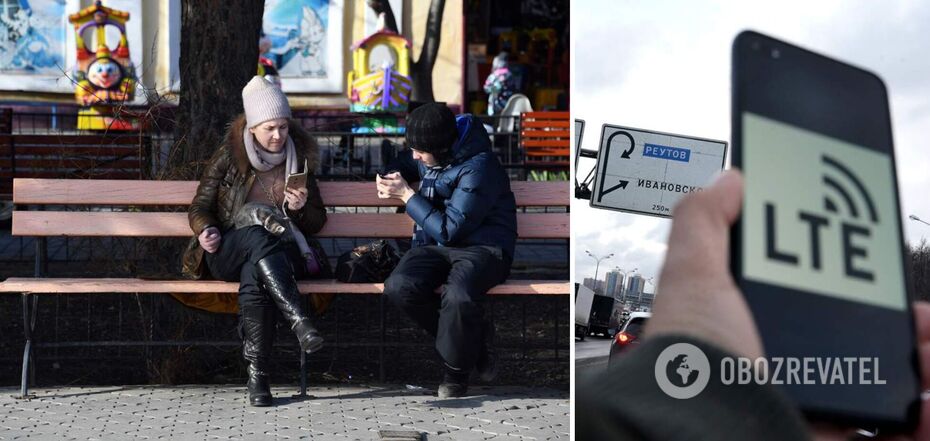News
Mobile Internet is gradually dying in Russia: key equipment is in short supply due to sanctions
As predicted after the withdrawal of telecommunications giants Nokia and Ericsson, the quality of mobile communications and the Internet is noticeably deteriorating in Russia. Local media are already reporting a drop in network speeds due to a lack of equipment. At the same time, only the regions are affected so far, as all available equipment is sent to Moscow.
Such observations of users in November 2023 were confirmed by TelecomDaily's measurements. According to the Russian media, the average network speed in the regions of the Russian Federation was already significantly lower than in the capital (20 vs. 50 Mbps). And in recent months, the trend has intensified - in the periphery, the speed has dropped to 18.7 Mbps, while in Moscow it has increased to 63.2.
Communications experts state directly that all equipment is brought to Moscow, including from the regions. At the same time, the latter are supplied with equipment that has become scarce due to sanctions on a residual basis. Therefore, operators outside of Moscow have to expand their range by using 4G frequencies that were not intended for mobile communications at all.
"The growth of speeds in Moscow is explained by the fact that the main investment flows of operators are directed to the capital... Federal government agencies and big business are concentrated in the capital, and the issue of maintaining high-quality fast Internet access is largely a necessity," says TelecomDaily CEO Denis Kuskov.
Problems with the mobile Internet are already being observed even in the Moscow region. According to one of the network users, normal Internet is available only on the outskirts of large stations, and continuous coverage is being restored only at the entrances to Nizhny Novgorod.
However, the operators themselves, as well as the Russian Ministry of Digital Transformation, claim that there are no problems. Representatives of mobile networks cheerfully report an increase in Internet speed, and the authorities speak of its stability. However, users and independent experts are convinced of the opposite trend.
Import substitution could solve the problems with equipment and, consequently, with the speed of the mobile Internet, says Konstantin Ankilov, CEO of TMT Consulting. However, he said, the emergence of Russian-made base stations is still a long way off.
Nokia and Ericsson used to account for more than 50% of mobile operators' base stations in Russia. However, these companies stopped supplying equipment to the Russian market amid sanctions after Russia's full-scale invasion of Ukraine.
The same manufacturers, by the way, were suppliers of almost all other network equipment, from telecommunications antennas to fiber optic connectors. They also provided software that allows different parts of the network to work together.
As reported by OBOZ.UA, earlier Ukrainians were told how to get the Internet to work without electricity. In addition to changing the tariff plan or provider, subscribers will need to take a few additional steps.
Only verified information is available on the OBOZ.UA Telegram channel and Viber. Do not fall for fakes!



























